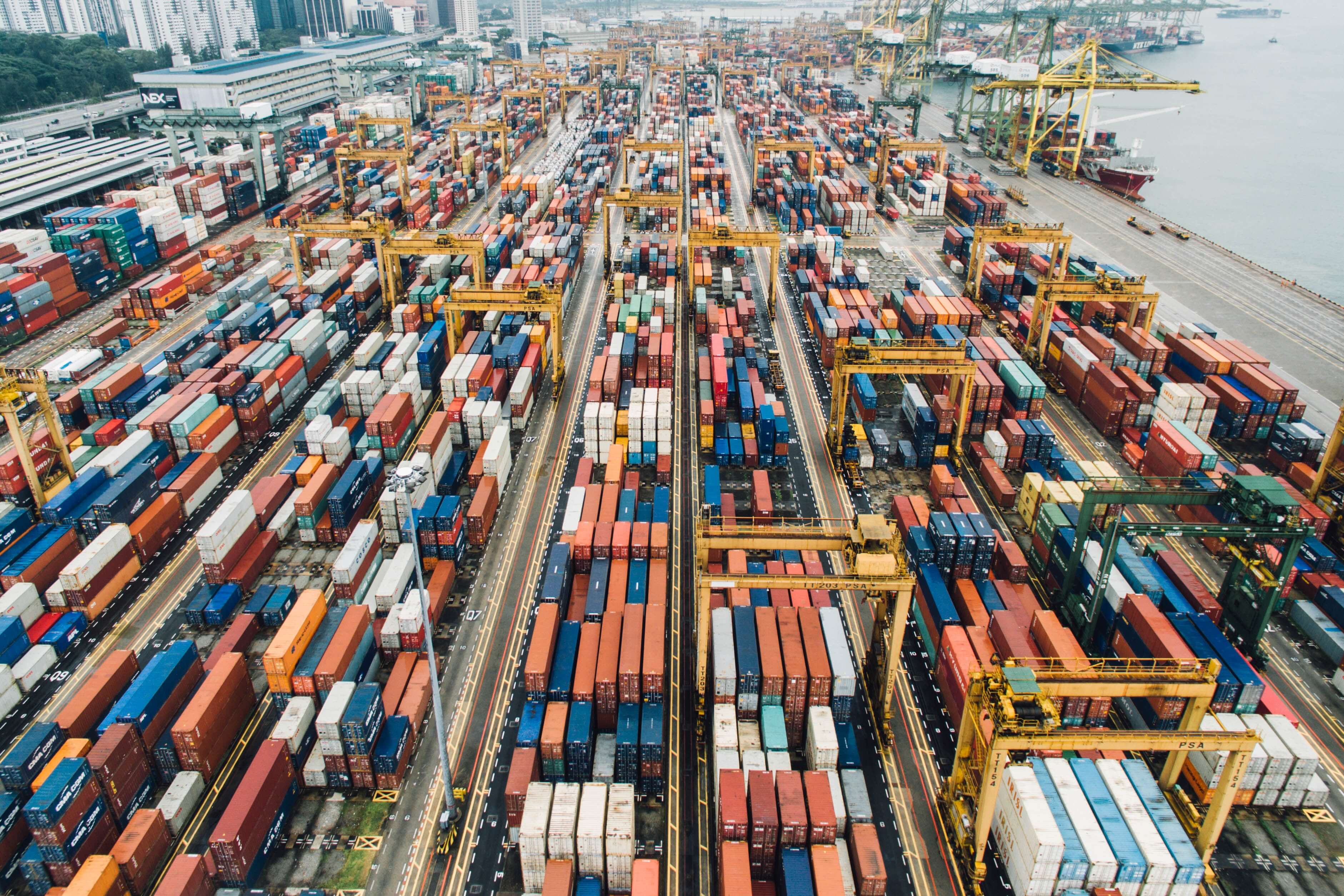
When considering importing for your business, it can be very daunting to try and get your head around all of the rules and regulations that come along with the process. At Seaspace International, we are accredited logistics professionals that have a wealth of experience with importing into the UK.
We have put together some helpful tips to ensure you have all the right information you need to make sure you are following all the correct protocols to avoid delays and extra charges:
Import Licence
If you are importing goods from outside the EU into the UK, then you might need to get an import licence.
It is always worth making sure that you don’t need one before you start the import process, as you don’t want to be slapped with hefty fines, delays to your shipment or, worse, confiscation and destruction.
With Brexit approaching, rules may change so make sure you keep up to date with the latest rules before you start importing.
EORI Number
An EORI number is an Economic Operator Registration and Identification number. If you are planning on importing goods from outside the EU, you will need to have one of these numbers. If you’re VAT registered your EORI number will usually mirror your VAT number.
This number is unique to you or your business and is used as a unique identifier by Customs to track and register goods. They can be applied for on the government website and once the application has been submitted, you will receive your EORI number within three working days.
It is a legal requirement to have an EORI number when importing goods from outside the EU, so it is extremely important you have this in place before you start importing.
Commercial invoice
For your goods to get through Customs, you need to have a copy of the commercial invoice from your supplier. The commercial invoice is used in a customs declaration and will need at least the following details:
- The full name and address of the supplier and buyer
- A description and the quantity of the goods
- The country they were manufactured in (the country of origin)
- The commercial value of the goods
- The Harmonised System codes (commodity codes) – these classify which taxes, duties and controls may apply
Freight insurance
Whilst freight insurance is not compulsory, it is a very important consideration. With the majority of goods arriving with no issues, you shouldn’t need to worry. However, it is advisable to protect your goods and cover them with insurance for the unlikely event of damage or loss.
Delivery
Once you have sorted out all of documentation above, you now need to think about delivery. Ensure you give clear, specific instructions as to exactly how and where you would like your goods delivered, otherwise this could cause delays or errors.
You need to consider things such as:
Where you want the goods delivered
If you want your goods sent to a different address than that listed on the documents, you need to make sure this is made clear as soon as possible, otherwise your goods could end up in the wrong place.
How the goods will be managed on arrival
If you are having your goods delivered on pallets, do you have the capability to off load pallets from the vehicle and do you have the space to store them? The more information you provide, the easier and less stressful the process is.
Start importing today
If you would like to find out more about importing into the UK and would like to use a freight forwarding service to help you with all your importing needs, get in contact with us by giving us a call on 01293 554620.
You can also take a look at our UK import guide for more detailed information about how UK imports works.
